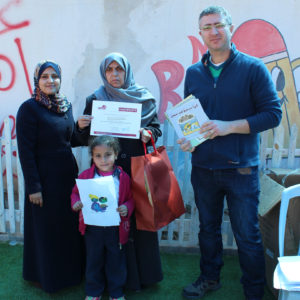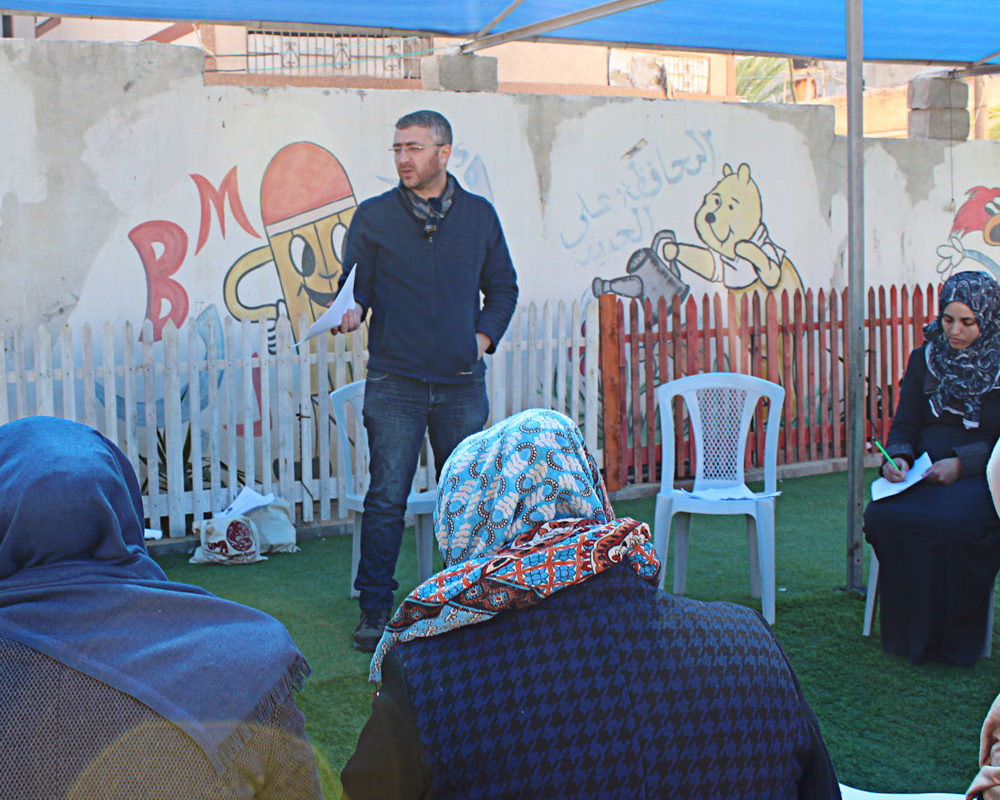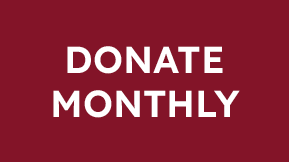Hear from a Gaza Mental Health Practitioner
It has been almost two years since the Great March of Return protests, and Gaza remains in the headlines. Today, UPA’s staff is just as motivated to continue the tireless work that is mental health. During the protests, the team, which includes Mental Health Practitioners (MHPs), while working to implement projects, also prepared a contingency plan—ready to help their community with the ongoing violence.
These MHPs, who are parents, brothers, sisters, husbands, wives, and friends to the locals in Gaza, rely on each other to get through hard times. Their strength and motivation are unwavering.
We spoke with UPA’s, Khader AlRayyes, who’s been working with the Healing through Feeling program (HTF) for the last few years. The HTF program has hosted summer camps for parents and teachers as a way to provide more in-depth training on assessing trauma in children. Here, these caregivers can spend more uninterrupted time with the MHPs where they can dig deep into the daily challenges they face.
- UPA’s HTF program has been hosting summer camps for teachers and parents in Gaza for the last two years. Do you think they are helping teachers and parents in Gaza?
I think that the summer camps help them because we train parents living in marginalized areas and who suffer from terrible socioeconomic conditions. Parents are exposed to continuous military attacks because they live near the separation fence that surrounds the Gaza Strip, and all of these elements cause them to suffer.
The resulting trauma appears in most of their daily activities and forces them to base their decisions on emotional thinking and emergency responses (fight, flight, or freeze). You can imagine how this will reflect on their relations with their children and their social network.
In the summer camps, we also train activators who work with traumatized children; we teach them how to identify the symptoms of trauma and how to alleviate them. Many of these activators are stressed because they are young academics who are unemployed, and their futures seem so dark because of the terrible socioeconomic situation here in Gaza.
- Describe an average day in a summer camp? How do you help parents feel comfortable and confident enough to participate in the activities?
Summer camp here in Gaza is different than in other places around the world because it takes place in small, poorly insulated buildings. The children get to engage in activities like sports, theater, reading, etc. We, as MHPs, help people alleviate their stress by training them on stress management techniques (deep breathing, relaxation, etc.), which makes them more comfortable and able to care for their children. Then, they encourage their children to take part in the activities.
- Do you feel that parents who have participated in the sessions are very receptive to the program’s practices and teachings?
Yes, I do. Parents are receptive because they live in a highly stressed community, which can be a trauma-inducing environment for their children. We introduce them to their secret enemy – trauma – which has such a negative effect on their lives and destroys their physical and mental health. It sabotages their social network and their relationships with their children due to its deeply harmful psychological impact on human emotions, cognition, and behavior.
Our program offers individual counseling sessions with parents. These sessions are not easily found or accessible in Gaza due to the many factors, such as the significant shortage of mental health services. However, the few mental health care institutions that do exist; use a very narrow medicalized method to deal with mental health problems.
- What would you like our audience to know about the parents who attend HTF sessions?
I want them to know that these parents are courageous people. They want to give their kids a good life, to provide them with love and hope that they deserve. They want to protect them from the effects of trauma even though they are suffering from it as a result of continuous wars, assaults, and a full siege lasting more than 13 years. The blockade has destroyed Gaza’s social, economic, and political environment, which causes parents in Gaza a lot of stress and trauma. This stress does great harm to their physical and mental health.




